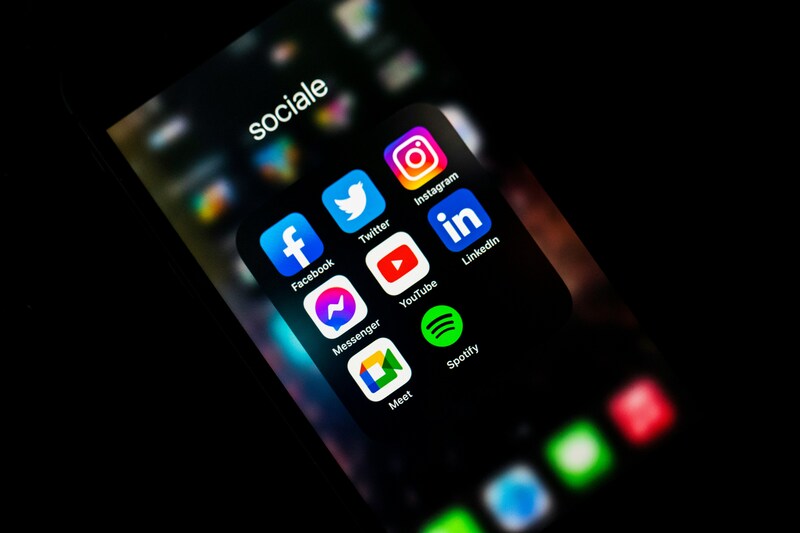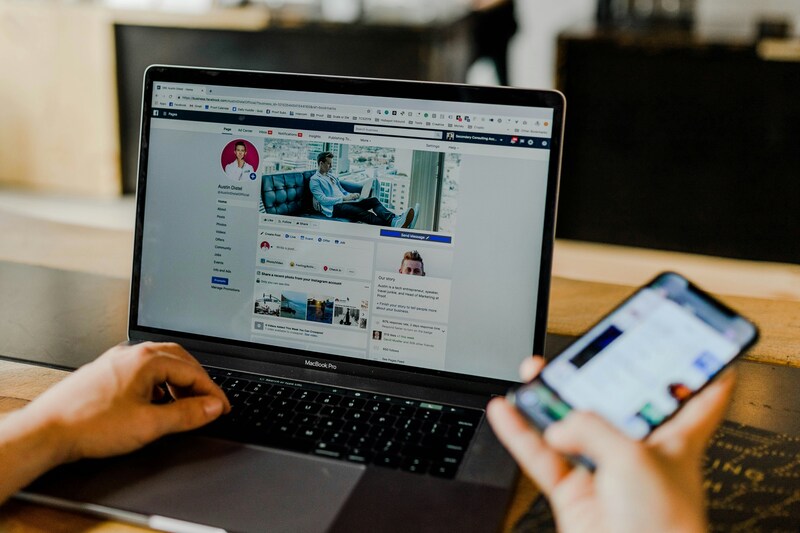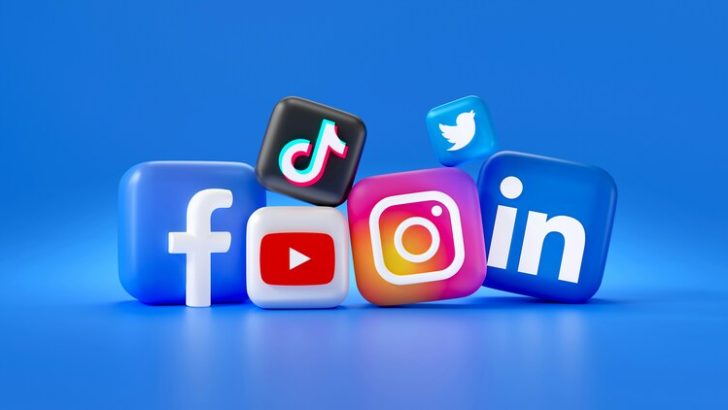The reality of B2B social media marketing has undergone significant changes in 2025, evolving from a mere brand awareness tool to a sophisticated profit-generating machine.
With more and more companies reporting that social media is one of their biggest profit generators, other companies should not simply abandon social media, given the reality of marketing today.
So, what steps should B2B organizations take to effectively execute social media marketing and enhance their business success?
The New Reality of B2B Social Media Marketing
Social media marketing has evolved from being merely an additional marketing channel to a crucial business driver. Today, many B2B buyers use social media as their primary source of information during the decision-making process when considering a purchase.
This dramatic shift underscores the ongoing evolution of B2B buying behavior, as buyers increasingly conduct research, evaluation, and purchasing through social media channels.
Furthermore, many B2B marketers have successfully established new business partnerships through social media. By leveraging social media, B2B marketers can gain more accurate market insights that they might not otherwise obtain without social media.

LinkedIn is one of the most popular B2B social media platforms in 2025. Aimed at professionals and marketers from all industries, having a LinkedIn account has become essential for them to build a larger professional network.
The effectiveness of this social media platform stems from its unique professional environment. LinkedIn has over one billion professional members worldwide, with 48% of B2B marketers viewing LinkedIn as their primary platform.
LinkedIn’s sophisticated targeting capabilities also enable marketers to reach decision-makers based on job titles, industries, and company size—factors that are crucial for B2B lead generation.
LinkedIn’s updated features also support B2B marketing in 2025. The platform now prioritizes first-person posts such as digestible insights and video clips under 90 seconds from industry experts, company founders, and other leaders, which can generate higher engagement than traditional brand posts.
The Rise of Video-First Strategies
Video content has become the most engaging form of content for B2B buyers, as evidenced by the large number of B2B buyers who refer to video content when looking to purchase a product. The shift to a video-first strategy has transformed the way B2B companies approach social media marketing.
Short videos are among the most viewed by audiences, as many prefer this format because it doesn’t take up much time. Unlike longer videos that exceed two minutes in duration, short videos typically last between 30 and 90 seconds—a duration now favored by many B2B marketers.
Thanks to this short video format, reports indicate that 87% of professional marketers believe it has a direct, positive impact on their product sales. Furthermore, short videos also provide the highest tangible ROI among all their social media strategies.

AI-Powered Social Media Marketing
Artificial intelligence has transformed from a supporting technology to the driving force. AI has evolved from a mere supporting technology to one of the biggest driving forces behind all social media strategies in 2025.
Today, AI-assisted content creation and optimization tools are crucial to B2B social media success, with more than 80% of content recommendations now driven by AI.
Some real-world examples of AI use in B2B social media include generating social media post ideas and drafting content, optimizing timing and targeting, analyzing social media performance data, and personalizing content for different audiences.
Reports indicate that organizations using cutting-edge AI systems achieve 215% higher engagement rates and a 78% increase in conversion metrics compared to traditional content strategies.
Amidst all this, the global market for AI in social media is projected to reach £9.8 billion by 2031, driven by predictive content intelligence and multimodal AI systems that can combine text, images, video, and voice recognition.
Furthermore, social media managers using AI-powered automation tools can save 12.5 hours of work per week, equivalent to nearly 26 workdays per year.
Employee Advocacy
Employee advocacy is one of the most powerful B2B social media marketing tools in 2025. Nearly half of all CMOs report that employee advocacy is their best-performing initiative, with an ROI that is even higher than paid advertising. In this case, brands that utilize employee advocacy can achieve engagement rates 25-40% higher than their competitors who do not use employee advocacy.
This all proves that employee networks should never be underestimated. While employee websites often have a limited number of followers, every employee undoubtedly has a professional network that includes former colleagues, industry peers, potential clients, and partners.
Here, a company with 200 employees could have professional connections totaling 100,000 people from various industries and companies. Employee posts on LinkedIn can achieve higher engagement than company website posts because LinkedIn’s algorithm prioritizes personal connections over corporate content.
Conclusion
From the explanation above, we can see how social media marketing for B2B in 2025 has combined technology, authenticity, and strategic thinking to create a powerful approach. Although many of these strategies use AI as a supporting tool, human relationships and voices remain at the core of all truly effective B2B marketing that can reach all target audiences.
